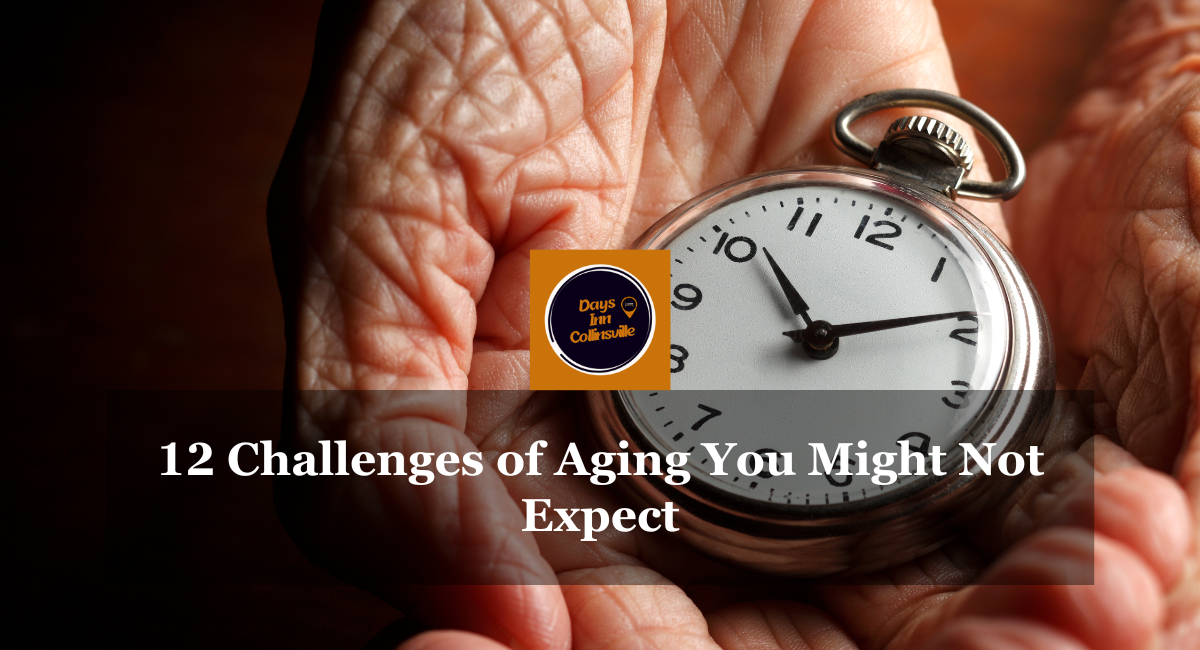Mental health, an integral component of our overall well-being, is often influenced by our daily habits and lifestyle choices.
While some habits nurture and strengthen our mental health, others can be detrimental, leading to various psychological issues, including depression. It’s crucial to recognize and understand these negative habits to take proactive steps towards mental wellness.
In this article we will explore eight common habits that can undermine mental health and potentially lead to depression. By identifying these habits, we can work towards modifying them and fostering a healthier, more balanced state of mind.
8 Bad Habits That Destroy Mental Health And Cause Depression
Maintaining good mental health is crucial for overall well-being. However, certain habits can negatively impact mental health and potentially contribute to depression. Here are eight such habits:
1. Lack Of Sleep
Chronic sleep deprivation can severely impact mental health. It not only causes irritability and concentration difficulties but also disrupts the balance of key neurotransmitters and hormones that affect mood. Establishing a regular sleep routine and creating a restful environment can help in improving sleep quality.
2. Poor Diet
Nutritional psychiatry is a growing field acknowledging the link between diet and mental health. Diets high in processed foods, sugars, and unhealthy fats can increase the risk of depression. On the other hand, a diet rich in vegetables, fruits, lean proteins, and whole grains supports brain health and can improve mood and emotional well-being.
3. Lack Of Exercise
Physical activity releases endorphins, often termed as ‘feel-good’ hormones. Regular exercise can act as a natural anti-depressant. It’s not just about intense workouts; even moderate activities like walking or yoga can have significant mental health benefits.
4. Isolation
Social isolation and loneliness can trigger depressive symptoms. Engaging in community activities, maintaining friendships, and seeking supportive relationships are vital for mental health. In the digital age, it’s also important to balance online interactions with face-to-face connections.
5. Procrastination And Avoidance Behaviours
Procrastination can lead to a cycle of stress, guilt, and decreased self-esteem, which are risk factors for depression. Breaking tasks into smaller, manageable parts and setting achievable goals can help in overcoming procrastination.
6. Negative Thinking Patterns
Cognitive distortions, such as overgeneralizing or catastrophizing, can foster depression. Cognitive-behavioural therapy (CBT) is a tool that helps in identifying and challenging these negative thought patterns, promoting healthier thinking.
7. Overuse Of Technology And Social Media
Excessive use of technology and social media can create unrealistic expectations and feelings of inadequacy, especially in younger individuals. It’s crucial to balance online life with real-life interactions and activities. Digital detoxes, where one takes breaks from electronic devices, can be beneficial.
8. Substance Abuse
Using alcohol or drugs as a coping mechanism for emotional distress can lead to dependency and worsen mental health conditions. It’s important to seek healthy coping strategies, such as talking to a therapist, meditation, or engaging in hobbies.
In conclusion, the impact of our daily habits on mental health cannot be overstated. The eight habits discussed – lack of sleep, poor diet, insufficient exercise, social isolation, procrastination and avoidance behaviors, negative thinking patterns, overuse of technology and social media, and substance abuse – are common pitfalls that can lead to or exacerbate depression.
Recognizing and addressing these habits is a vital step in safeguarding our mental well-being. By making conscious choices towards healthier habits, such as adequate sleep, nutritious diet, regular exercise, and positive social interactions, we can significantly improve our mental health.
Remember, it’s never too late to make changes, and seeking professional help is a sign of strength, not weakness, in the journey towards mental wellness.
-
Time Management Hacks for Busy Professionals

Feeling overwhelmed by your to-do list? Does the workday seem to stretch into infinity, leaving you perpetually behind? You’re not alone. In today’s fast-paced world, busy professionals like you juggle demanding schedules, overflowing inboxes, and seemingly endless tasks. But fear not! Mastering time management is a skill you can learn, and it can transform your…
-
16 Compliments You Didn’t Realize Are Actually Pretty Insulting

We all want to be complimented. It feels good to have our efforts recognized and our qualities appreciated. But sometimes, a compliment can leave you feeling more confused than flattered. These are the backhanded compliments – seemingly positive statements that sneak in a subtle jab or disguise a hidden insult. Let’s navigate the minefield of…
-
15 Signs You’re Still Dealing With Unhealed Childhood Trauma

Childhood is supposed to be a time of innocence and joy. But for many, it’s a period marked by experiences that leave lasting scars. These experiences, often referred to as childhood trauma, can have a profound impact on our emotional well-being well into adulthood. The effects can be subtle or significant, and sometimes we might…
-
Ways to Reduce Your Biological Age by Years

Forget the fountain of youth – the key to feeling and looking younger might be closer than you think. Biological age, a measure of your body’s cellular health, can be significantly influenced by your lifestyle choices. While chronological age keeps ticking, these strategies can help you reduce your biological age and unlock a younger, healthier…
-
12 Challenges of Aging You Might Not Expect

Getting older is often romanticized – wisdom gained, freedom from routine, and maybe even more than time for hobbies. But let’s be honest, aging also comes with its fair share of challenges. Here are 12 often unspoken difficulties of getting older that you might not be fully prepared for: 1. The Body Betrayal: A Slow…
